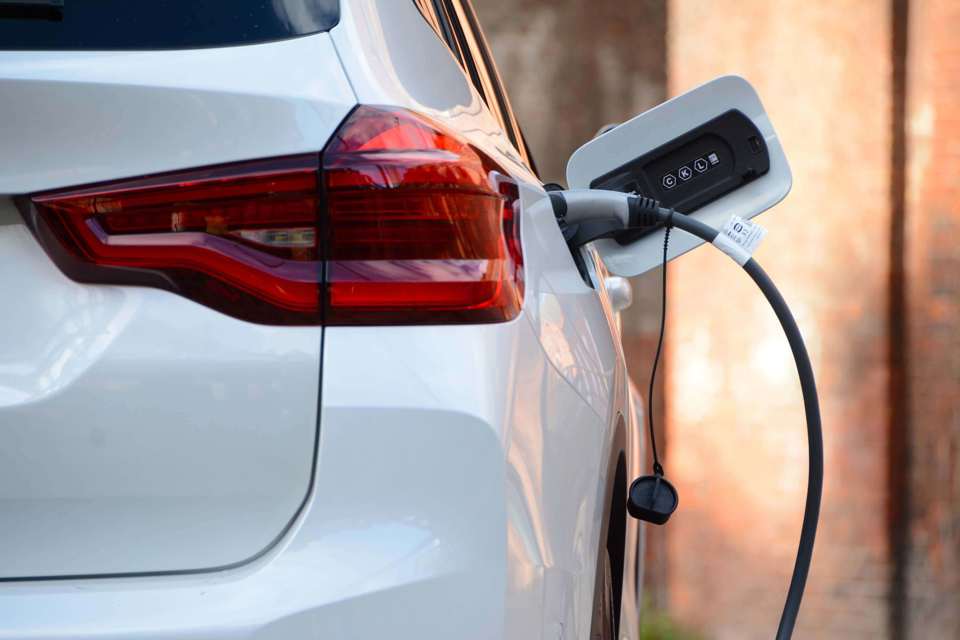Electric vehicle (EV) leasing company, DriveElectric, predicts that registrations of new electric vehicles (EVs) will rise by over 74% in 2022.
The figure is based on DriveElectric’s own forecasts and represents an increase to more than 330,000, from around 190,000 in 2021, to represent around 16% of all sales this year.
The forecast considers background issues including vehicle shortages due to semiconductor supply issues that are expected to remain until around mid-2022 - demand continues to outstrip supply until then.
Mike Potter, managing director at DriveElectric, said: “EV registrations will continue to increase, however issues such as the semiconductor shortage will still have an impact on the availability of vehicles as we enter 2022.
“We see this challenge improving by mid-2022 and sales for the remainder of the year should offset the slow start, helped by yet more new EV models coming to market.”
New car registrations rose just 1% in 2021 as tougher trading arrangements, accelerating technology shifts and decimated supply stalled the sector’s recovery from COVID-19.
More new EVs were registered than over the previous five years combined, with around 190,000 joining UK roads alongside 115,000 plug-in hybrids (PHEVs), meaning 18.5% of all new cars registered in 2021 can be plugged in.
DriveElectric predicts that EV production from many manufacturers’ new factories will start in 2022, including two new Tesla factories that will treble the volume for the brand. New models, including the Tesla Model Y, will also arrive in the UK, this year.
- Read our launch report of the Tesla Model Y in the latest issue of AM magazine.
The company also forecasts an ‘accelerated expansion’ of the public charging network, including rapid chargers, with ongoing improved reliability.
The end of the home charger grant in March 2022 will not affect EV sales, said DriveElectric, but fewer people are likely to get chargers, and non-smart chargers will get used.
DriveElectric predicts there will be a continued increase in UK energy prices and UK businesses will move to reduce their corporate carbon footprint - leading to potential impact on sales of vehicles such as high-CO2 petrol SUVs.
The company predicts high numbers of EV sales from 2025 onwards, accounting for around 50% of registrations.
Registrations of petrol and diesel vehicles will decline ahead of the 2030 ban as a results of poor residual values, higher lease costs and as EV prices become competitive with prices of ICE vehicles, the company said.
DriveElectric said a key factor in EV adoption is that motorists prefer the driving experience of EVs in comparison to petrol and diesel cars and vans.
Recent research by EV charging app, Zap-Map, has revealed that EV drivers are ‘highly satisfied’ with their decision to purchase a zero emission car.


















Login to comment
Comments
No comments have been made yet.